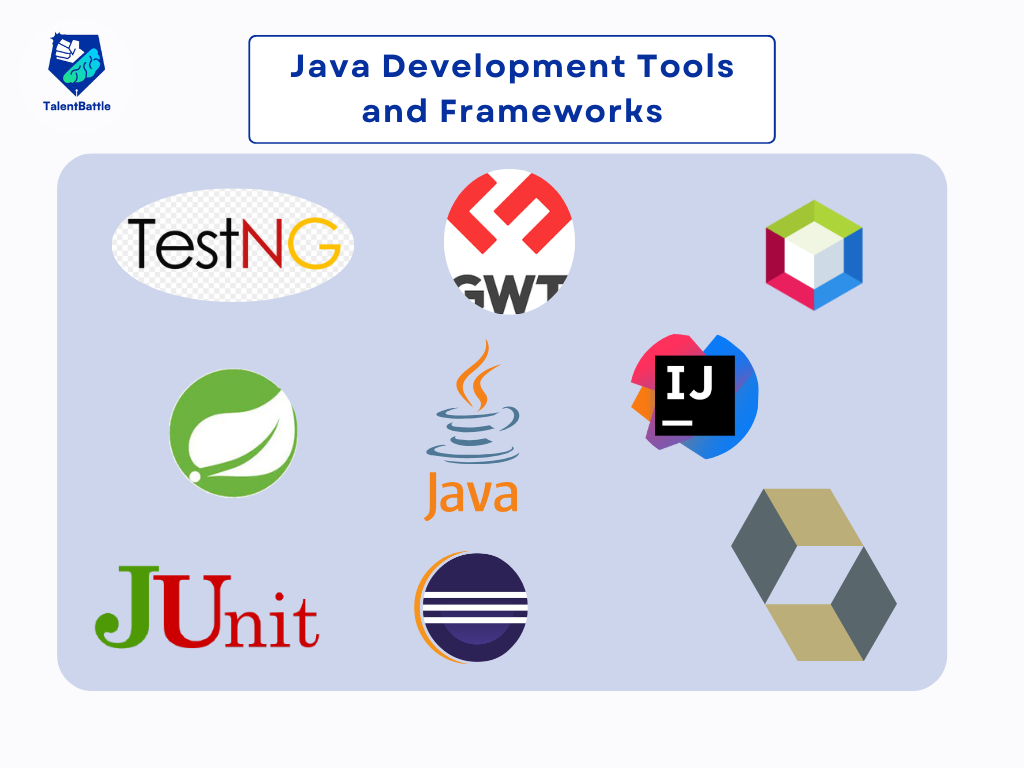Abstraction in Java
Binding in Java
Break Statement in Java
Classes & Objects in Java
Collections Framework in Java
Comments in Java
Continue Statement in Java
Control Statements in Java
Data Types in Java
Do While-Loop in Java
Encapsulation in Java
Exception Handling in Java
For-Loop In Java
Hello World Program in Java
If-else Statement in Java
Inheritance in Java
Introduction to Java
Java Database Connectivity (JDBC)
Java GUI (Graphical User Interface) Programming
Java I/O
Java Vs. C++
Methods and Constructors in Java
Multithreading in Java
Object Oriented Programming in Java
Operators in Java
Polymorphism in Java
Scanner Class in Java
Setting Up Java Environment
Static Keyword in Java
Super Keyword in Java
Switch Statement in Java
This Keyword in Java
Variables in Java
While-Loop in Java


